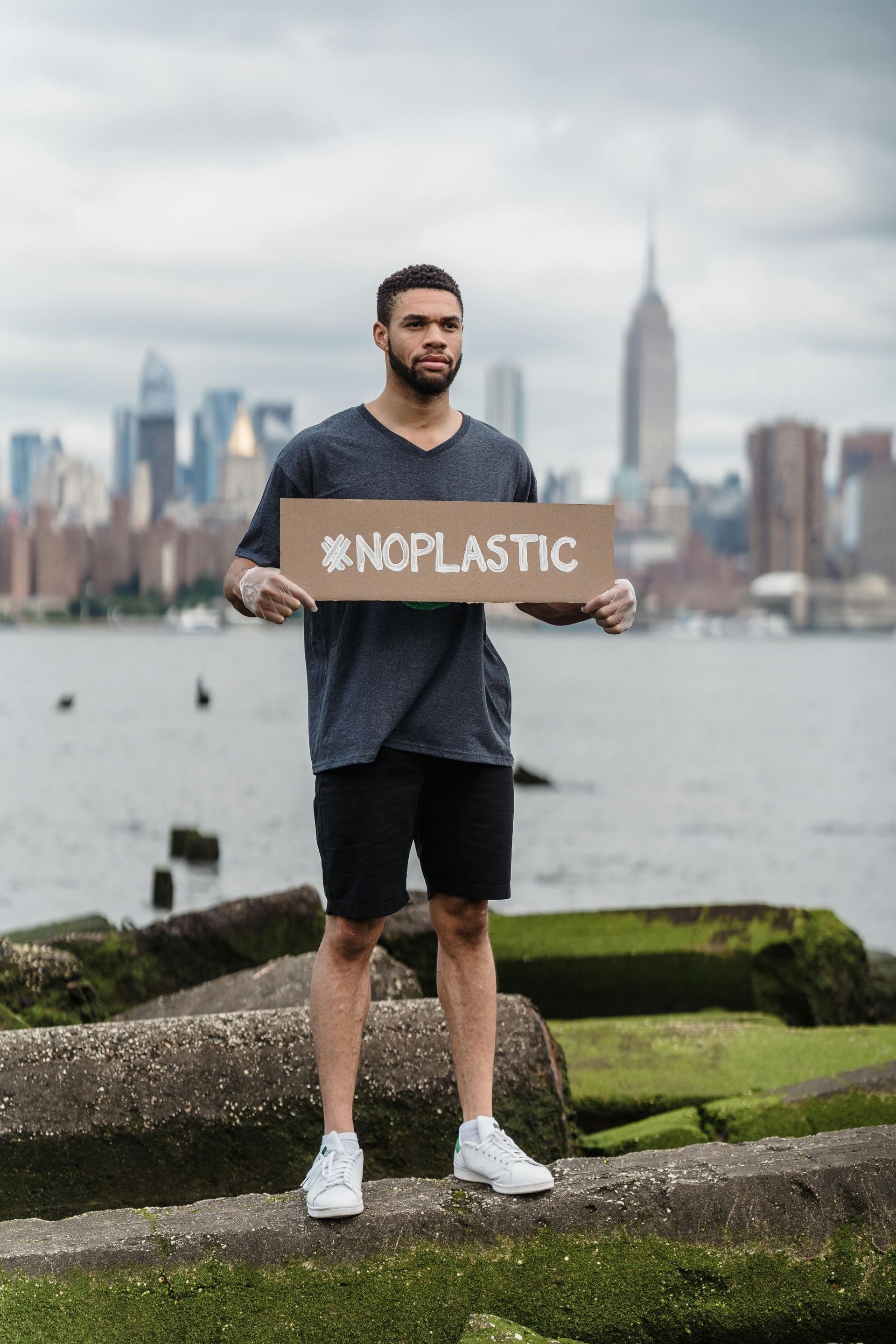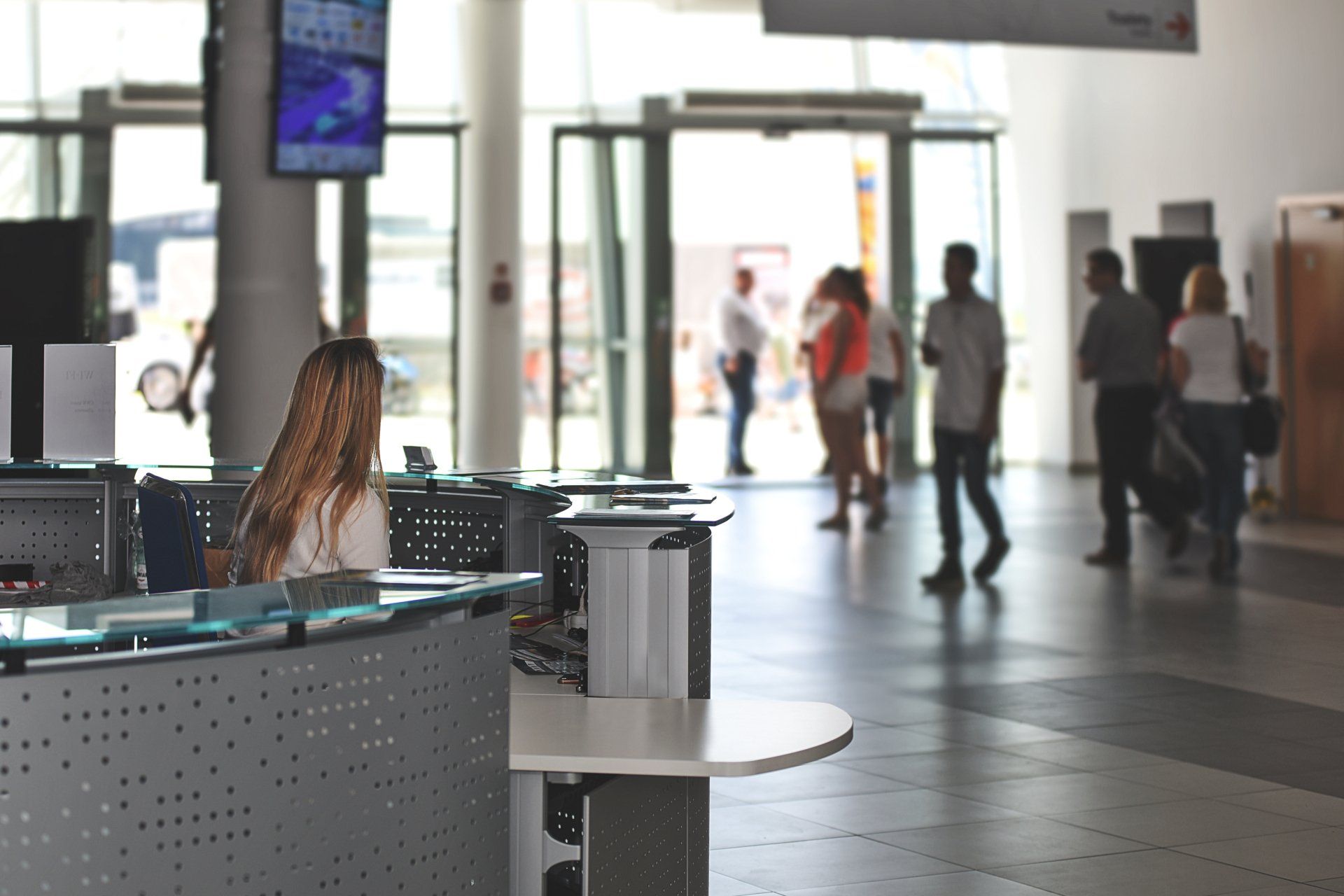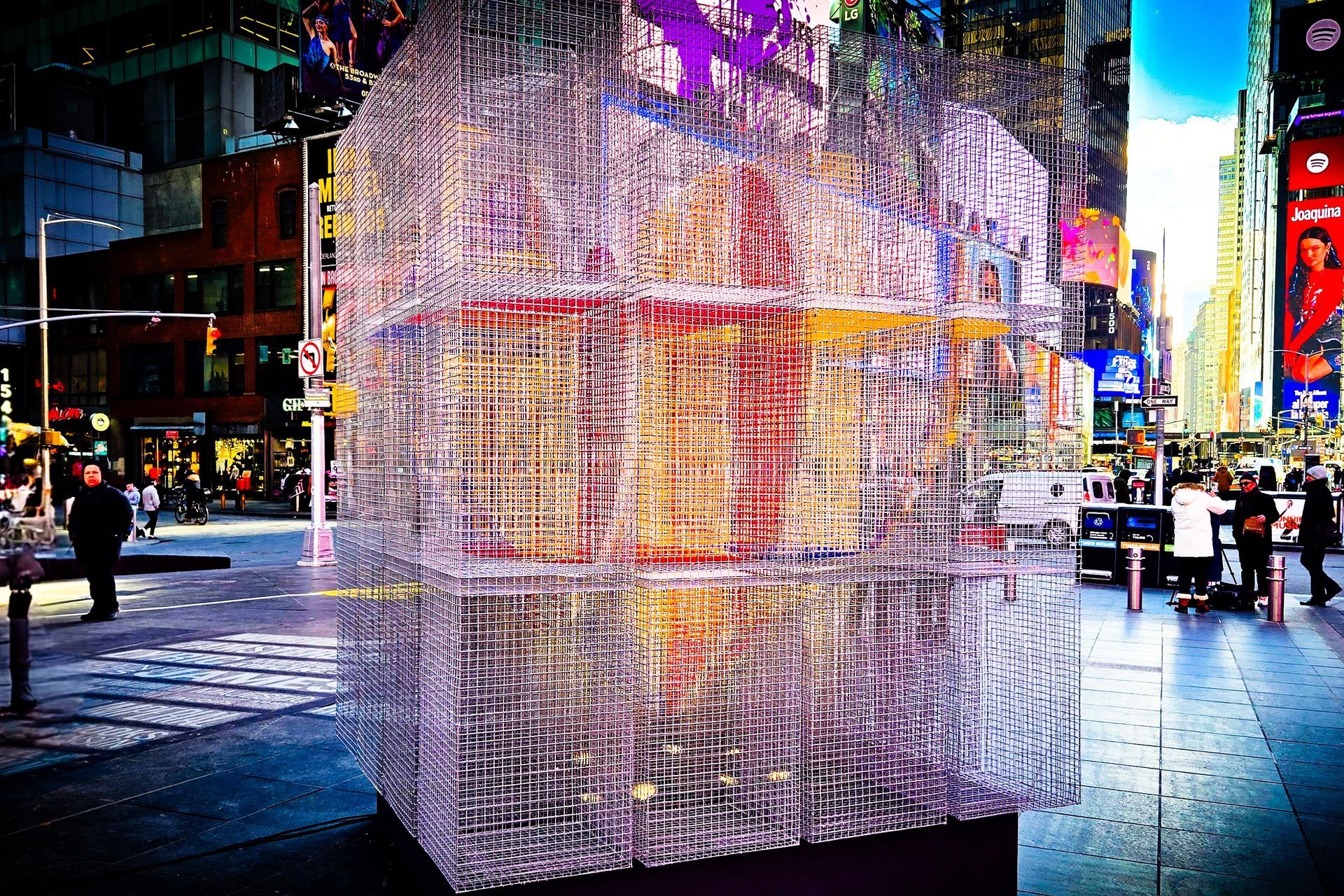Less Commute, Less Carbon: How NYC Virtual Offices Are Helping the Environment

As the world increasingly turns its attention toward sustainability, businesses in New York City are exploring ways to reduce their environmental impact. One solution gaining traction is the use of virtual offices, which offer a sustainable alternative to traditional workspaces. Virtual offices not only help businesses operate more flexibly but also contribute to reducing carbon emissions, conserving resources, and promoting greener practices in the workplace. By shifting towards remote work and embracing eco-friendly office spaces, NYC is leading the charge in creating a more sustainable work environment.
Reduced Commuting, Lower Carbon Emissions
One of the most immediate and impactful ways virtual offices promote sustainability is by reducing the need for daily commuting. In a city like New York, where millions of people travel to work every day via car, subway, or bus, transportation is a significant contributor to carbon emissions. According to the Metropolitan Transportation Authority (MTA), the average NYC commuter spends about 6 hours per week traveling to and from work. These trips contribute to traffic congestion, air pollution, and a heavy carbon footprint.
By embracing virtual offices and remote work, businesses can drastically cut down on these emissions. Fewer employees commuting to a physical office means less traffic and lower fuel consumption, contributing to cleaner air and reduced greenhouse gas emissions. In fact, a report by 'Global Workplace Analytics' estimates that if everyone who could work remotely did so even half of the time, the U.S. could reduce emissions by over 50 million tons annually.
In NYC, where green initiatives are increasingly embraced, virtual offices are helping businesses align with citywide sustainability goals by reducing their environmental impact. For employees, this shift also means more flexibility in their work schedules and improved work-life balance—an added bonus for those who no longer have to deal with long commutes.
Eco-Friendly Co-Working Spaces
While many virtual offices operate entirely remotely, some offer co-working spaces for when businesses need to host meetings or collaborate in person. These physical spaces are also getting an eco-friendly makeover, with many providers adopting green practices to minimize their environmental impact.
For example, some virtual office providers in NYC are investing in sustainable materials and design. These spaces may feature recycled or upcycled furniture, energy-efficient lighting, and water-saving fixtures. Additionally, many co-working spaces now partner with green energy suppliers to power their buildings using renewable resources like wind or solar energy. This transition to renewable energy not only reduces the carbon footprint of these workspaces but also supports broader efforts to combat climate change.
One standout provider is 'Green Office NYC', which has built its brand around sustainability. Their co-working spaces use 100% recycled materials for office furniture and décor, and they have partnered with local renewable energy providers to ensure that their buildings are powered by clean energy. Additionally, they offer incentives for businesses that adopt sustainable practices within their operations, such as waste reduction initiatives and energy-efficient technologies.
The Digital Transformation of Paperwork
Another key area where virtual offices are promoting sustainability is through the reduction of paper use. Traditional offices are often paper-heavy, relying on printed documents, invoices, and forms. Virtual offices, by their nature, encourage businesses to adopt digital workflows. With cloud-based storage systems, digital invoicing, and electronic signatures, virtual offices reduce the need for physical paperwork, saving trees and cutting down on waste.
Digital tools like DocuSign, Dropbox, and Google Drive have become essential for virtual office environments, allowing employees to collaborate and share documents without printing a single page. This not only reduces paper waste but also conserves energy by eliminating the need for printers, copiers, and other office equipment.
Encouraging Green Commuting Alternatives
For employees who still commute to co-working spaces or meetings, virtual office providers are also promoting greener commuting alternatives. Many NYC-based virtual offices are located near bike-sharing stations and public transportation hubs, making it easier for employees to choose eco-friendly transportation options. Some co-working spaces even offer incentives for employees who bike to work, such as secure bike storage or discounts on services.
Additionally, some providers offer electric vehicle (EV) charging stations in their facilities, encouraging the use of cleaner, electric-powered transportation. These small changes can have a big impact on reducing the overall carbon footprint of businesses operating in the city.
The Future of Sustainable Workspaces in NYC
As businesses and workers continue to prioritize flexibility, virtual offices are becoming an integral part of the future of work in NYC. Beyond the convenience and cost savings they offer, virtual offices are playing a crucial role in promoting sustainability by reducing commuting, cutting down on energy consumption, and adopting green practices.
The rise of virtual offices aligns with the city’s broader goals of becoming more eco-conscious and reducing its environmental footprint. By embracing remote work and sustainable co-working spaces, businesses can contribute to a greener NYC while maintaining the professional presence they need to thrive.













